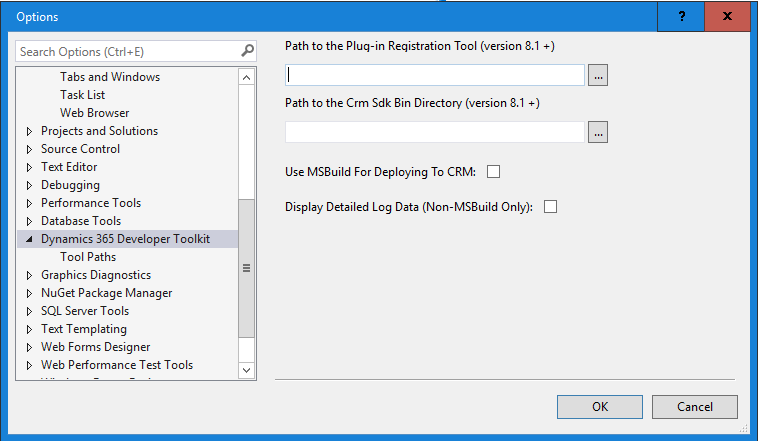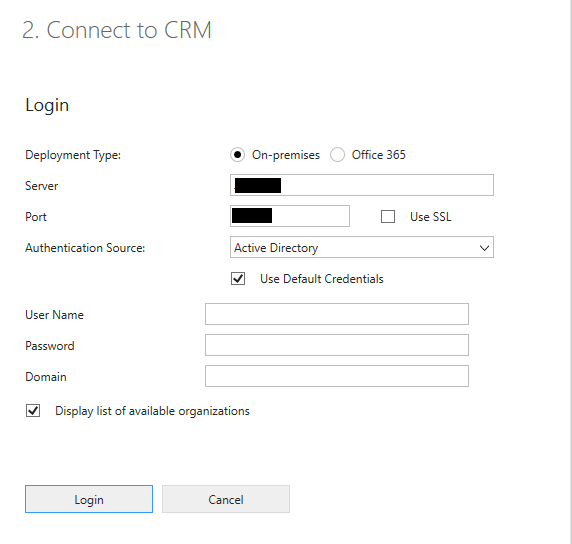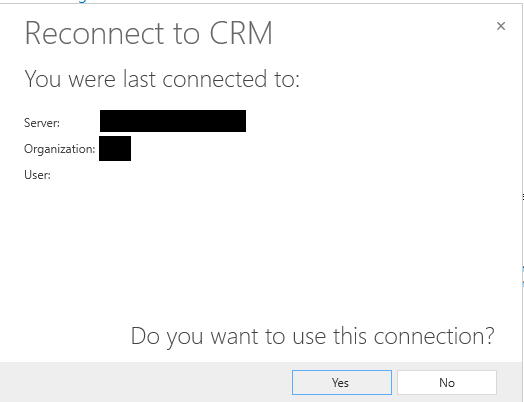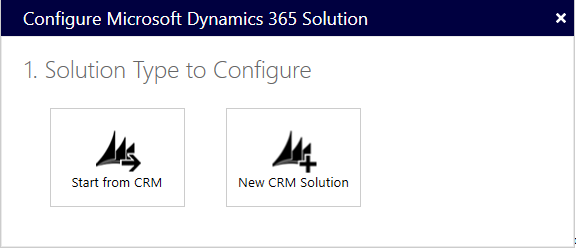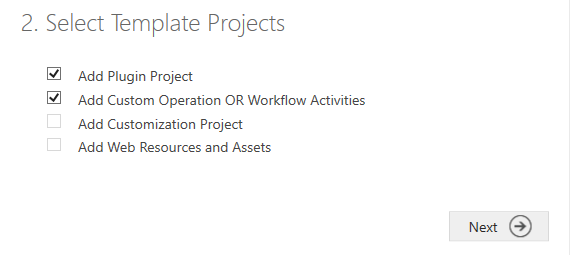The recent releases of Dynamics CRM have very much been missing something for developers who work with the product. Whilst a number of exciting new features have been added to the product - the Web API, Interactive Service Hub and Portals, to name a few - there very much feels to be a lack of attention towards surrounding support tools to give developers a head start in progressing their careers and facilitating more agile and efficient development of bespoke CRM solutions. Exams are one area that has been guilty of this, with no up to date exam for developers released for over 3 years. In today’s modern world, 3 years is a lifetime of change and can leave developers in a situation where they are not aware of the latest technologies and potentially developing solutions that will soon be deprecated or lead to additional development time and administrative headroom to manage.
With this in mind, it is pleasing to hear that an updated version of the Visual Studio Developer Toolkit will be released for Dynamics 365 and that a beta version of this tool is now available to be downloaded. For those who have not used the earlier version of this tool for Dynamics 2013 and earlier, it provides developers the mechanism to create Visual Studio project templates that can store all of your related development assets, facilitate the deployment of these assets to your CRM instance from within Visual Studio and allow you to generate early-bound class files of your CRM entities and the requisite template class files for your Plugins; enabling you to focus more on developing your business logic. I have some experience using the tool myself in a sparing manner and have found it somewhat cumbersome to use. For example, I have had issues where I have had to sign into a development CRM system every time the project loads and I have not found it straightforward to use alongside existing CRM solutions. The tool is also only compatible with Visual Studio 2012 and earlier, which means developers running the latest version of Visual Studio will miss out on being able to use the toolkit. Nevertheless, the ability to generate the required code for your plugins in a quick manner is a major boon and, with the new release, a major opportunity is present in order to improve the tool and resolve some of its glaring issues. I’ve been taking a look at the Beta release of the Dynamics 365 Toolkit, and here are some of the new features which I am most excited about and feel will be a big help to developers in the months ahead:
Templates for Mobile App Development
For most standard deployments, the out of the box Dynamics 365 for Tablet/Mobile app will be sufficient for your users. You could even look at developing a simple app using PowerApps. For more advanced scenarios, the SDK would be your next port of call in order to develop a mobile app that connects up with CRM/D365E. This is a popular approach to take when developing a mobile app with a specific function, as it enables you to leverage the full functionality of CRM/D365’s processes as part of your app, whilst ensuring that the data model conforms to a familiar, SQL Server-based model. The analogy I have used before with other developers is that developing for Dynamics CRM is like developing for SQL Server on steroids 🙂
Previously, there were some code examples included as part of the SDK in order to help developers “get started” with developing a Windows Store, iOS and/or Android app that connects to CRM. Now, the Dynamics 365 Toolkit includes a number of Project templates that help with developing a mobile, store and/or universal app:
The only caveat with these templates is that they are designed solely for Windows-based devices; for a truly cross-platform application, then you would need to look at utilising a tool like Xamarin in order to meet your requirements.
Configuring Paths to SDK/Plugin Registration Tool
This is a minor new feature, but something that is important and, arguably, essential if you are frequently developing new CRM/D365E developer solutions. Within the settings page for the toolkit, you can now specify the location for your SDK DLL’s and Plugin Registration tool; which will then be used across all of the projects you create in Visual Studio moving forward:
This is a huge time-saving step and removes a rather tedious task that is often involved when it comes to setting up your Visual Studio projects.
Configure Microsoft Dynamics 365 Solution Wizard
When you now create a new Dynamics 365 solution template in Visual Studio, you are greeted with a simple and clear wizard that helps facilitates the following scenarios:
- Specification of a persistent connection to CRM/D365E, that can then be re-used across different projects within Visual Studio and provides a familiar UI experience with the existing tools within the SDK (such as the Plugin Registration Tool):
- The ability to select or create a brand new solution from within Visual Studio (previously, you only had the option of selecting an existing solution):
- Granular level control of which templates to include in your project - including Plugins, Custom Workflow Assemblies or Web Resources/Assets:
With all these changes put together, the process of setting up new projects that are targeting a single CRM environment is greatly simplified and you can ensure that your project contains just the assets that you need.
Why the Developers Toolkit is important
One of the major hurdles that developers generally face is having to deal with all of the stuff that is non-development related - setting up environments, installing development tools and resolving environment configuration issues, to name but a few. Whilst all of this is useful experience and gives developers a flavour for how a potential application deployment will look, it can often get in the way of a developer’s primary responsibility; to just code. This is one of the reasons why DevOps is becoming an increasingly more important area of focus for businesses who employ developers, as having an effective DevOps strategy, plan and resource will ensure greater productivity from your existing resource and help to foster an environment where projects are being run the “right” way. The Developers Toolkit is an important tool in your DevOps arsenal, as it works towards meeting all of the above objectives and begins to foster an approach where set standards are followed across multiple projects. It also helps take out the administrative effort often involved with, for example, setting up a Plugin class file manually within Visual Studio. Although the Dynamics 365 Developers Toolkit is still in beta, and not ready for Production use, I would very much hope to see a full release in the near future. Tools of this nature (such as XRMToolBox and the Ribbon Workbench) help to encourage greater efficiency, which is often essential for many IT projects these days.


